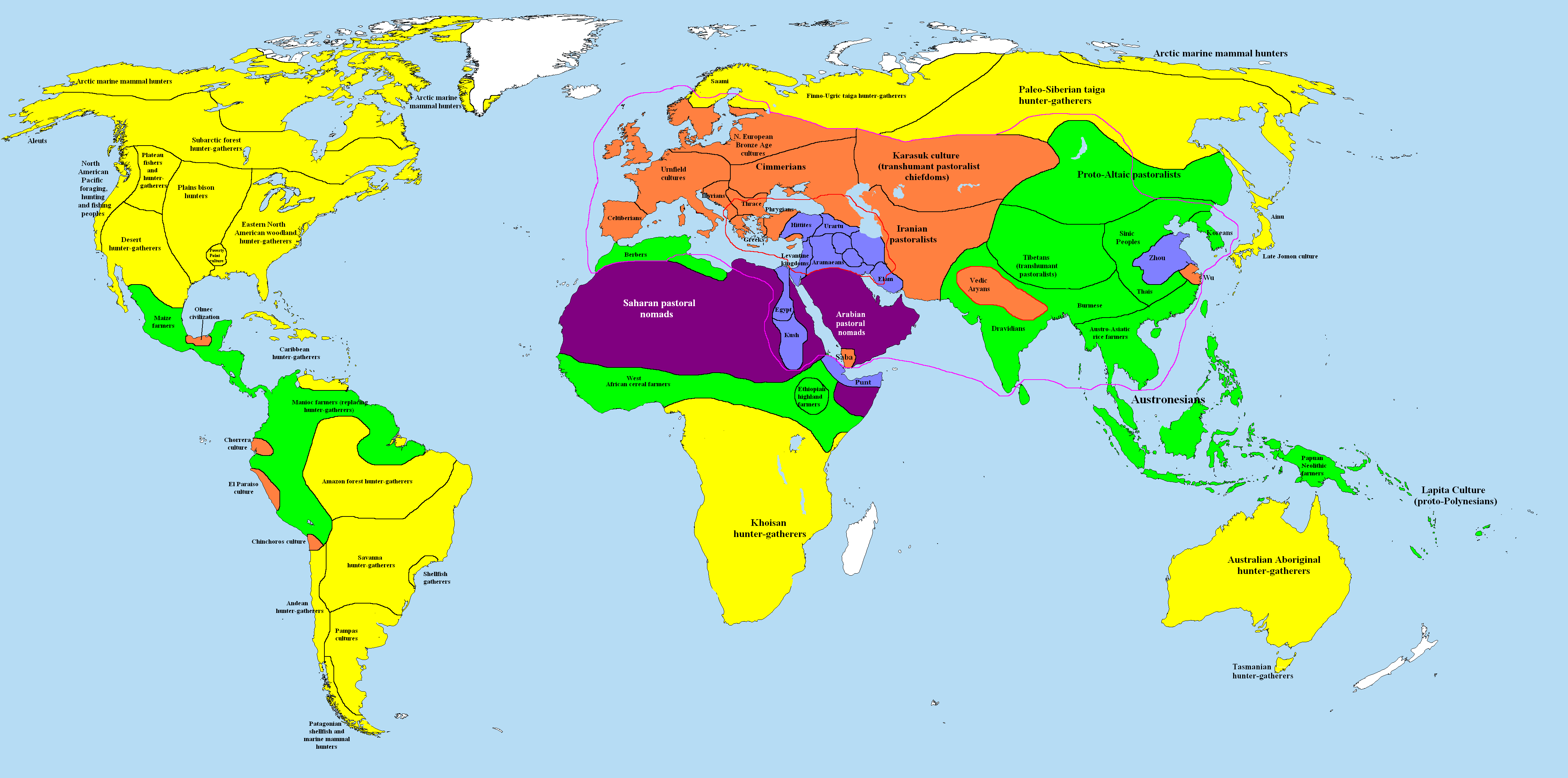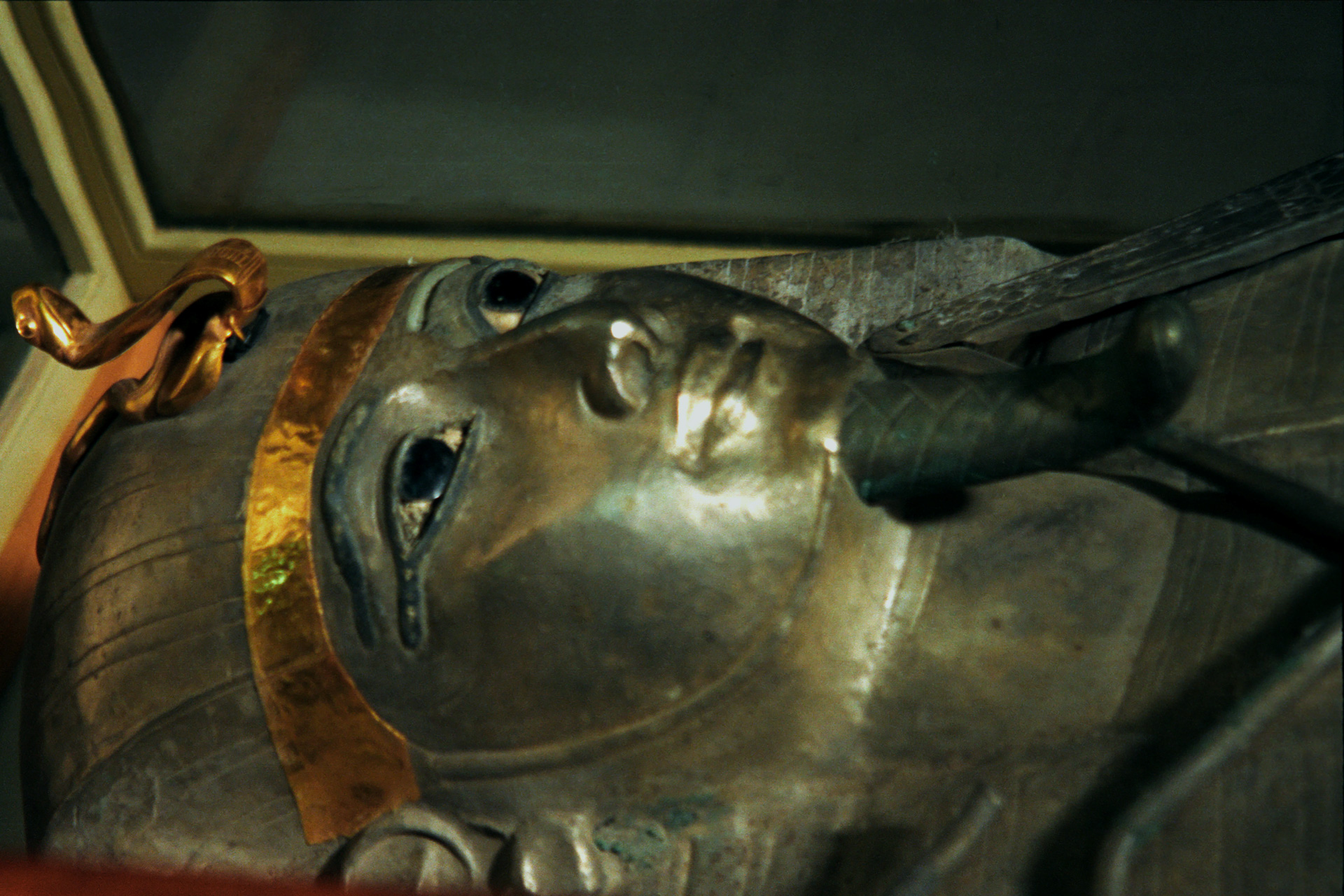|
999 BC
The 990s BC is a decade which lasted from 999 BC to 990 BC. Events and trends * 998 BC—King David establishes Jerusalem as the capital of the Kingdom of Israel. * 994 BC— Archippus, Archon of Athens dies after a reign of 19 years and is succeeded by his son Thersippus. * 993 BC— Amenemope succeeds Psusennes I as king of Egypt. Significant People * Tiglath-Pileser II, king of Assyria, is born (approximate date). * Solomon, king of Israel Israel, officially the State of Israel, is a country in West Asia. It Borders of Israel, shares borders with Lebanon to the north, Syria to the north-east, Jordan to the east, Egypt to the south-west, and the Mediterranean Sea to the west. Isr ..., is born (approximate date). References es:Años 990 a. C. pt:990 a.C. {{BC-year-stub ... [...More Info...] [...Related Items...] OR: [Wikipedia] [Google] [Baidu] |
List Of Decades
The list below includes links to articles with further details for each millennium, century and decade from 15,000BC to AD3000. Notes See also * Lists of years by topic * List of timelines * Chronology * See calendar and list of calendars for other groupings of years * See history, human history and periodization for different organizations of historical events * For earlier time periods beyond the Earth, see: ** Timeline of the universe ** Chronology of the universe * For earlier time periods on the Earth, see: ** Geologic time scale The geologic time scale or geological time scale (GTS) is a representation of time based on the rock record of Earth. It is a system of chronological dating that uses chronostratigraphy (the process of relating strata to time) and geochro ... ** Timeline of the evolutionary history of life ** Timeline of prehistory ** Timelines of world history * For future time periods, see: ** Timeline of the far future, events beyond the y ... [...More Info...] [...Related Items...] OR: [Wikipedia] [Google] [Baidu] |
Amenemope (pharaoh)
Usermaatre Amenemope was an ancient Egyptian pharaoh of the 21st Dynasty who ruled from 1001 to 992 BC or 993 to 984 BC. Amenemope's burial is notable for being one of three entirely intact royal burials known from ancient Egypt. The others were that of Psusennes I and Shoshenq II, all three found inside Psusennes's tomb which was discovered by the French Egyptologist Pierre Montet between 1939 and 1940; however, only the metal objects survived in the wet Nile Delta climate. He succeeded Psusennes I at Tanis on the throne. Reign A probable son of Psusennes I and his queen Mutnedjmet (21st dynasty), Mutnedjmet, Amenemope succeeded his purported father's long reign after a period of coregency. This coregency has been deduced thanks to a linen bandage mentioning a "... king Amenemope, Year 49..." which has been reconstructed as "[Year X under] king Amenemope, Year 49 [under king Psusennes I]". It has been suggested, however, that this Year 49 may belong to the High Priest of Amun ... [...More Info...] [...Related Items...] OR: [Wikipedia] [Google] [Baidu] |
10th Century BC
The 10th century BC comprises the years from 1000 BC to 901 BC. This period followed the Late Bronze Age collapse in the Near East, and the century saw the Early Iron Age take hold there. The Greek Dark Ages which had come about in 1200 BC continued. The Neo-Assyrian Empire is established towards the end of the 10th century BC. In the Iron Age in India, the Vedic period is ongoing. In China, the Zhou dynasty is in power. Bronze Age Europe continued with Urnfield culture. Japan was inhabited by an evolving hunter-gatherer society during the Jōmon period. The world in the 10th century BC Events * 1000 BC: India— Iron Age of India. Indian kingdoms rule India— Panchala, Kuru, Kosala, Pandya and Videha. * 1000 BC: The Sa Huỳnh culture started in central and southern Vietnam. * 993 BC: Amenemope succeeds Psusennes I as king of Egypt. * 993 BC: Archippus, King of Athens dies after a reign of 19 years and is succeeded by his son Thersippus. * 984 BC: Osorkon th ... [...More Info...] [...Related Items...] OR: [Wikipedia] [Google] [Baidu] |
Israel
Israel, officially the State of Israel, is a country in West Asia. It Borders of Israel, shares borders with Lebanon to the north, Syria to the north-east, Jordan to the east, Egypt to the south-west, and the Mediterranean Sea to the west. Israeli-occupied territories, It occupies the Occupied Palestinian territories, Palestinian territories of the West Bank in the east and the Gaza Strip in the south-west. Israel also has a small coastline on the Red Sea at its southernmost point, and part of the Dead Sea lies along its eastern border. Status of Jerusalem, Its proclaimed capital is Jerusalem, while Tel Aviv is the country's Gush Dan, largest urban area and Economy of Israel, economic center. Israel is located in a region known as the Land of Israel, synonymous with the Palestine (region), Palestine region, the Holy Land, and Canaan. In antiquity, it was home to the Canaanite civilisation followed by the History of ancient Israel and Judah, kingdoms of Israel and Judah. Situate ... [...More Info...] [...Related Items...] OR: [Wikipedia] [Google] [Baidu] |
Solomon
Solomon (), also called Jedidiah, was the fourth monarch of the Kingdom of Israel (united monarchy), Kingdom of Israel and Judah, according to the Hebrew Bible. The successor of his father David, he is described as having been the penultimate ruler of all Twelve Tribes of Israel under an amalgamated History of ancient Israel and Judah, Israel and Judah. The hypothesized dates of Solomon's reign are from 970 to 931 BCE. According to the biblical narrative, after Solomon's death, his son and successor Rehoboam adopted harsh policies towards the northern Israelites, who then rejected the reign of the Davidic line, House of David and sought Jeroboam as their king. In the aftermath of Jeroboam's Revolt, the Israelites were split between the Kingdom of Israel (Samaria), Kingdom of Israel in the north (Samaria) and the Kingdom of Judah in the south (Judea); the Bible depicts Rehoboam and the rest of Solomon's Patrilineality#In the Bible, patrilineal descendants ruling over independent ... [...More Info...] [...Related Items...] OR: [Wikipedia] [Google] [Baidu] |
Assyria
Assyria (Neo-Assyrian cuneiform: , ''māt Aššur'') was a major ancient Mesopotamian civilization that existed as a city-state from the 21st century BC to the 14th century BC and eventually expanded into an empire from the 14th century BC to the 7th century BC. Spanning from the early Bronze Age to the late Iron Age, modern historians typically divide ancient Assyrian history into the Early Assyrian period, Early Assyrian ( 2600–2025 BC), Old Assyrian period, Old Assyrian ( 2025–1364 BC), Middle Assyrian Empire, Middle Assyrian ( 1363–912 BC), Neo-Assyrian Empire, Neo-Assyrian (911–609 BC), and Post-imperial Assyria, post-imperial (609 BC– AD 240) periods, based on political events and gradual changes in language. Assur, the first Assyrian capital, was founded 2600 BC, but there is no evidence that the city was independent until the collapse of the Third Dynasty of Ur, in the 21st century BC, when a line of independent kings starting with Puzur-Ashur I began rulin ... [...More Info...] [...Related Items...] OR: [Wikipedia] [Google] [Baidu] |
History Of Egypt
Egypt, one of the world’s oldest civilizations, was unified around 3150 BC by King Narmer. It later came under Persian, Greek, Roman, and Islamic rule before joining the Ottoman Empire in 1517. Controlled by Britain in the late 19th century, it became a republic in 1953. After several political transitions, Abdel Fattah el-Sisi currently leads the country. Predynastic Egypt (pre-3150 BC) There is evidence of petroglyphs along the Nile terraces and in desert oases. In the 10th millennium BC, a culture of hunter-gatherers and fishermen was replaced by a grain-grinding culture. Climate changes and/or overgrazing around 6000 BC began to desiccate the pastoral lands of Egypt, forming the Sahara. Early tribal peoples migrated to the Nile River, where they developed a settled agricultural economy and more centralized society. By about 6000 BC, a Neolithic culture had taken root in the Nile Valley. During the Neolithic era, several predynastic cultures developed independently ... [...More Info...] [...Related Items...] OR: [Wikipedia] [Google] [Baidu] |
Psusennes I
Psusennes I (; Greek Ψουσέννης) was the third pharaoh of the 21st Dynasty who ruled from Tanis between 1047 and 1001 BC. ''Psusennes'' is the Greek version of his original name Pasibkhanu or Pasebakhaenniut (in reconstructed Late Egyptian: /pəsiwʃeʕənneːʔə/), which means "The Star Appearing in the City" while his throne name, Akheperre Setepenamun, translates as "Great are the Manifestations of Ra, chosen of Amun." He was the son of Pinedjem I and Henuttawy, Ramesses XI's daughter by Tentamun. He married his sister Mutnedjmet. Psusennes's tomb, discovered in February 1940 by the French Egyptologist Pierre Montet, is notable for the condition in which it was found. All previously found pharaonic tombs had been graverobbed, including the tomb of Tutankhamun, and Psusennes's tomb was the only ancient Egyptian royal tomb discovered in fully intact condition. However, the humid climate of Lower Egypt meant only the metal objects had survived. Pharaoh Amenemope and ... [...More Info...] [...Related Items...] OR: [Wikipedia] [Google] [Baidu] |
993 BC
The 990s BC is a decade which lasted from 999 BC to 990 BC. Events and trends * 998 BC—King David establishes Jerusalem as the capital of the Kingdom of Israel. * 994 BC— Archippus, Archon of Athens dies after a reign of 19 years and is succeeded by his son Thersippus. * 993 BC— Amenemope succeeds Psusennes I as king of Egypt. Significant People * Tiglath-Pileser II, king of Assyria, is born (approximate date). * Solomon, king of Israel Israel, officially the State of Israel, is a country in West Asia. It Borders of Israel, shares borders with Lebanon to the north, Syria to the north-east, Jordan to the east, Egypt to the south-west, and the Mediterranean Sea to the west. Isr ..., is born (approximate date). References es:Años 990 a. C. pt:990 a.C. {{BC-year-stub ... [...More Info...] [...Related Items...] OR: [Wikipedia] [Google] [Baidu] |
998 BC
The 990s BC is a decade which lasted from 999 BC to 990 BC. Events and trends * 998 BC—King David establishes Jerusalem as the capital of the Kingdom of Israel. * 994 BC— Archippus, Archon of Athens dies after a reign of 19 years and is succeeded by his son Thersippus. * 993 BC— Amenemope succeeds Psusennes I as king of Egypt. Significant People * Tiglath-Pileser II, king of Assyria, is born (approximate date). * Solomon, king of Israel Israel, officially the State of Israel, is a country in West Asia. It Borders of Israel, shares borders with Lebanon to the north, Syria to the north-east, Jordan to the east, Egypt to the south-west, and the Mediterranean Sea to the west. Isr ..., is born (approximate date). References es:Años 990 a. C. pt:990 a.C. {{BC-year-stub ... [...More Info...] [...Related Items...] OR: [Wikipedia] [Google] [Baidu] |




